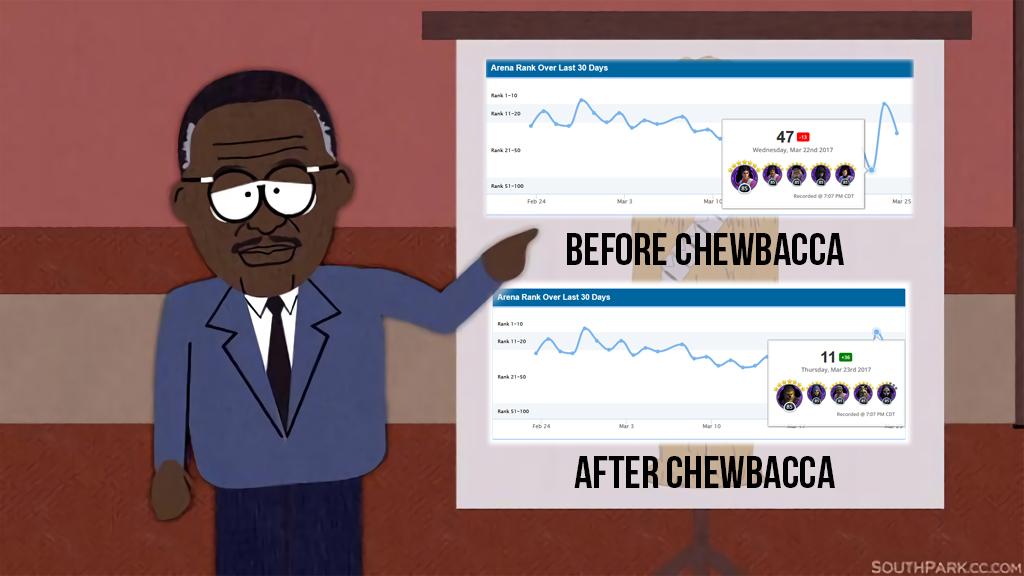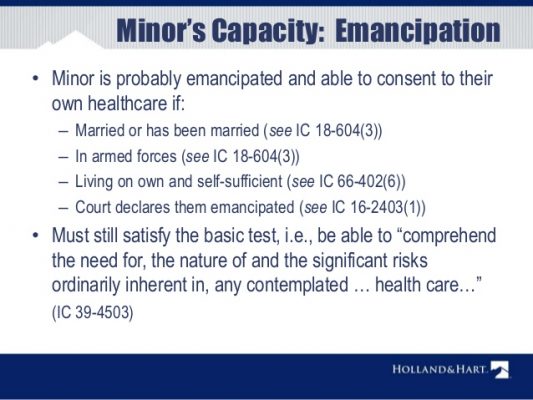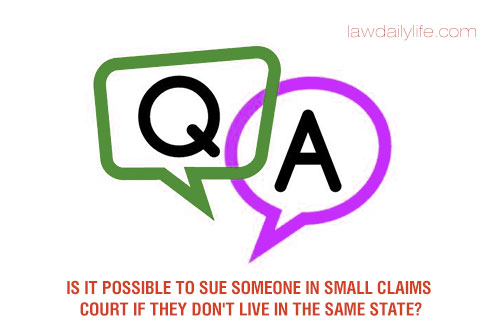Health insurance is a tricky thing. Sometimes it’s tied to our employers, which can in turn tie us to jobs we no longer want. Other times, we’re insured through a spouse, which in the same way can tie us to a relationship that is no longer working.
If you have health insurance coverage through a spouse and are considering a divorce, the apprehension about how to pay for your health care after the split can be a major concern. So here are some things to keep in mind regarding what effect a divorce may have on your health insurance.
The End of an Era a Policy
Yes, a divorce is one of those life events that can end insurance coverage. If you are currently on a spouse’s plan, a divorce will likely disqualify you from coverage. That said, that doesn’t mean you’re out of options. It’s normally up to your spouse to alert his or her insurance carrier of the change, and even then your ex may have some time, usually 30 days, before he or she needs to make the change.
So an amicable divorce may buy you some time to enroll through your job or search for your own health coverage. As advice columnist Mallory Ortberg told one reader who’d been served with divorce papers:
Look for another job with great zeal, and let your husband know that your goal is to find a full-time position elsewhere so you’re no longer dependent on his insurance policy. Ask him how much time he’s willing to offer you, so you have as much information as possible about your future, and so he knows you’re doing your level best not to take advantage of him or spin this divorce out perpetually in the hopes that he’ll want to reconcile. Vagueness is your enemy; clarity and detail are your greatest allies when it comes to planning for your future without your spouse.
(Legal) Separation Anxiety
Another option is to not get divorced. No, we don’t mean ignoring a divorce filing or staying with a spouse solely for insurance — there are other ways to break up. A legal separation doesn’t fully dissolve your marriage, but can delineate your rights while you’re living apart in regards to child custody, support, and property division. And because you’re still technically married, you can remain covered on your ex’s insurance policy.
Be aware, however, that this may not be a long-term solution – because your marriage is still intact, legally speaking, neither of you can get married to someone else and you’ll probably need to file joint tax returns, which can be their own headache.
Thanks, Obamacare
Finally, if the divorce is official and you’re either unemployed or not covered through your employer, there’s always Obamacare. You can check out HealthCare.gov to see if you qualify and how much it may cost.
A divorce can be legally and emotionally messy, but you don’t have to figure it out all on your own — an experienced divorce attorney can answer all of your questions.










